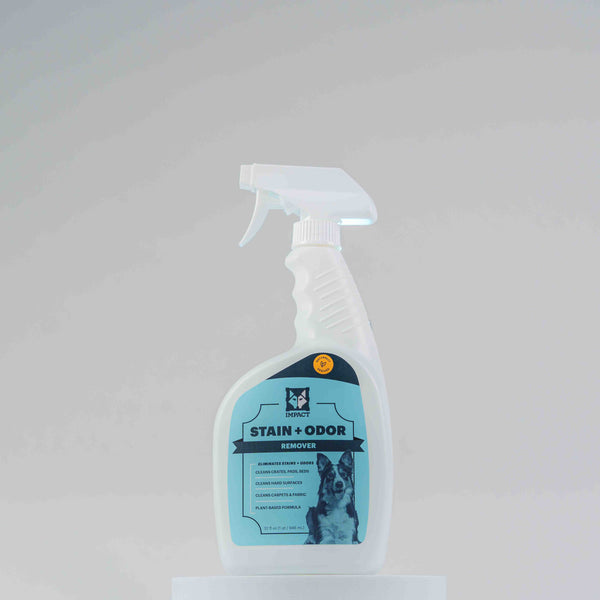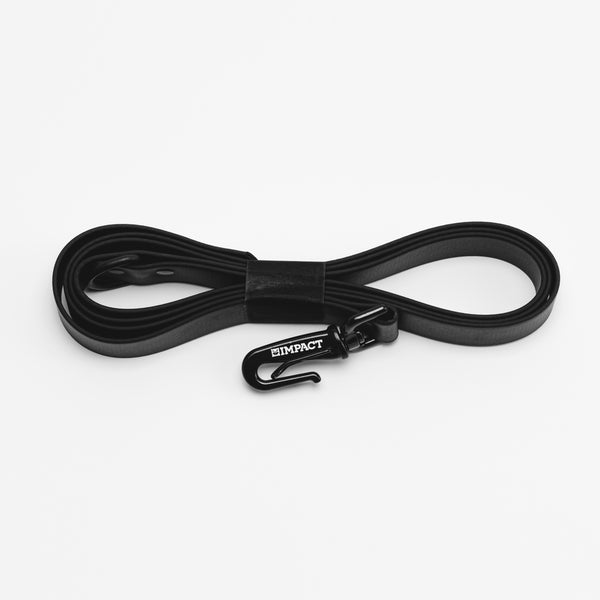A puppy brings joy, challenges, and endless cuteness. Their rapid development after birth requires thoughtful care to ensure they grow into well-adjusted and happy dogs. Here’s a guide to their key developmental stages and what you can do at each phase.
Birth to 4 Weeks: The Dependent Phase
In their first month, puppies rely entirely on their mother for warmth and nourishment. They cannot see or hear and navigate using smell and touch. By the end of this phase, they begin opening their eyes and hearing for the first time.
What to Do:
-
Bonding: Gently hold and carry your puppy to build trust.
-
Socialization: Interact positively and calmly to avoid overwhelming them.
-
Handling: Get them accustomed to being handled for grooming and vet visits.
4 to 8 Weeks: Social Skills Development
This is a critical period where puppies learn bite inhibition and social play from their mother and littermates. If separated from their mother, you become their primary social figure.
What to Do:
-
Training: Introduce simple commands like “sit” and “come.”
-
Socialization: Expose them to different people, environments, and sounds gradually.
-
Chewing: Provide appropriate toys to discourage chewing on furniture or other items.
8 to 12 Weeks: Learning and Exploring
This stage is marked by curiosity and high energy as puppies start exploring the world around them.
What to Do:
-
House Training: Set a consistent schedule for potty training.
-
Socialization: Continue introducing them to other dogs and people in safe settings.
-
Leash Training: Begin basic leash training and reinforce previously learned commands.
12 to 16 Weeks: Growing Independence
Puppies start showing more independence but still look to you for guidance.
What to Do:
-
Advanced Training: Teach commands like “stay” and “leave it.”
-
Teething: Provide chew toys to soothe their gums during teething.
-
Confidence Building: Expose them to new environments to reduce fear of unfamiliar situations.
4 to 6 Months: Testing Boundaries
This “teenage” phase is characterized by boundary testing and noticeable behavioral challenges like chewing, barking, or jumping.
What to Do:
-
Behavior Correction: Stay firm and consistent with training while redirecting unwanted behaviors.
-
Chewing: Praise them for chewing on appropriate toys to reinforce good habits.
-
Socialization: Continue exposure to various environments, dogs, and people to prevent fear or aggression later.
6 Months to 1 Year: Young Adulthood
Puppies enter young adulthood, showing greater maturity and focus. However, hormonal changes in unspayed or unneutered dogs may lead to undesirable behaviors.
What to Do:
-
Consistent Training: Reinforce earlier training and introduce more complex tasks.
-
Exercise: Provide ample physical and mental stimulation to keep them engaged.
-
Ongoing Socialization: Introduce new environments and experiences to build their confidence.
Understanding your puppy’s developmental milestones ensures they grow into well-behaved, confident dogs. With patience and consistency, you can guide them through each phase, fostering a strong bond and a lifetime of companionship.











